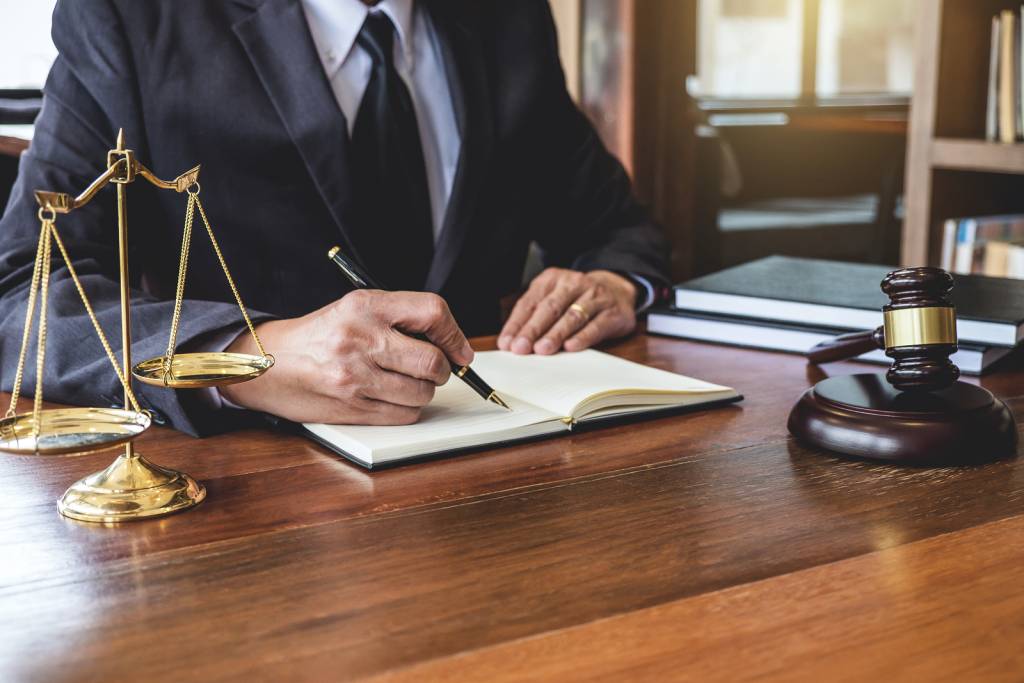In California, stalking is a serious crime that carries both legal and personal repercussions for individuals who are accused. Because stalking allegations have the potential to cause victims physical and psychological harm, the state’s judicial system takes them seriously. Those accused of stalking require strong legal counsel to help them understand the nuances of the law and defend their rights.
Understanding Stalking Charges in California
Definition of Stalking
Stalking involves repeatedly following, harassing, or threatening an individual to the point where the person fears for their safety or the safety of their immediate family. Depending on the circumstances and the defendant’s criminal history, the crime can be charged as a misdemeanor or a felony.
Elements of the Crime
The prosecution must establish certain elements beyond a reasonable doubt in order for a stalking charge to be successful. These elements include the defendant’s deliberate, malicious, and persistent following or harassing of the victim, as well as their credible threat of harm intended to make the victim reasonably fearful for their safety or the safety of their immediate family.
Penalties for Stalking
In California, stalking carries harsh consequences. The maximum sentence for misdemeanor stalking is one year in county jail, along with fines. A felony stalker may serve up to five years in a state prison. Restraining orders, required therapy, and a criminal record that may affect one’s ability to find work in the future and maintain personal relationships are possible further punishments.
The Importance of Legal Representation
Navigating the Legal System
It can be intimidating for people who are not familiar with the intricacies and procedures of the legal system. Defendants can be assisted by an experienced lawyer at every stage of the procedure, from arraignment to trial. They guarantee that the defendant’s rights are upheld throughout the procedures, that all court paperwork is filed appropriately, and that deadlines are fulfilled.
Building a Strong Defense
Effective legal representation is crucial in building a strong defense against stalking charges.
Lawyers can dissect the evidence presented by the prosecution, questioning its validity and relevance, which may involve challenging witness testimonies, electronic communications, or surveillance footage.
Defense attorneys may investigate the credibility of the alleged victim, seeking inconsistencies in their statements or motives for falsely accusing the defendant. If the defendant has an alibi, the attorney can gather and present evidence proving that the defendant was not present at the time the alleged stalking occurred.
Plea Bargaining
Experienced attorneys can negotiate plea bargains with the prosecution. Plea bargaining can lead to reduced charges or lighter sentences, potentially transforming a felony charge into a misdemeanor or minimizing jail time. Skilled negotiation can be the key to achieving a more favorable outcome for the defendant.
The Role of Evidence in Stalking Cases
Gathering and Preserving Evidence
A critical aspect of legal representation in stalking cases is gathering and preserving evidence. Attorneys work diligently to collect all relevant evidence that can support the defense, which includes obtaining statements from witnesses who can provide an alternative perspective or corroborate the defendant’s version of events. They may also analyze emails, text messages, and social media interactions to demonstrate context or intent.
Expert Witnesses
In some cases, attorneys may enlist the help of expert witnesses to strengthen the defense. Experts in psychology, digital forensics, or communication can provide specialized knowledge that challenges the prosecution’s evidence or interpretations. Their testimony can be pivotal in influencing the jury’s perception of the case.
Legal Strategies and Tactics
Pretrial Motions
Experienced attorneys often file pretrial motions to shape the course of the trial. These motions can seek to:
Suppress Evidence
Argue that certain evidence was obtained illegally or is inadmissible due to its prejudicial nature.
Dismiss Charges
Request that the court dismiss the charges due to insufficient evidence or procedural errors by the prosecution.
Change Venue
In high-profile cases, attorneys may seek a change of venue to ensure a fair trial.
Trial Tactics
During the trial, defense attorneys employ various tactics to defend their clients:
Cross-Examination
Skillful cross-examination of the prosecution’s witnesses can expose inconsistencies or biases in their testimonies.
Opening and Closing Statements
Persuasive opening and closing statements can frame the case in a way that highlights the defendant’s innocence or raises reasonable doubt.
Jury Selection
A critical strategy is to carefully select jurors who may be sympathetic to the defense or skeptical of the prosecution’s case.
The Long-Term Consequences of Stalking Charges
Criminal Record
A conviction for stalking can result in a permanent criminal record, affecting future employment, housing opportunities, and personal relationships. Legal representation can help mitigate these consequences by aiming for acquittal, reduced charges, or expungement of the record.
Restraining Orders
In addition to criminal penalties, defendants may face restraining orders that restrict their movements and interactions. Violating a restraining order can lead to further legal trouble. Attorneys can help negotiate the terms of restraining orders and provide guidance on complying with them.
Seek Legal Guidance
Legal representation plays a crucial role in changing the outcome of stalking charges in California. From navigating the legal system to building a strong defense, skilled attorneys can make a significant difference in the lives of those accused.
By understanding the complexities of stalking laws, challenging evidence, and providing emotional support, legal professionals help ensure a fair trial and protect their clients’ rights. The importance of having experienced legal representation cannot be overstated, as it can mean the difference between conviction and acquittal, freedom and imprisonment. Call Miranda Rights Law Firm today at 213-255-5838 to schedule a free consultation with our team.





